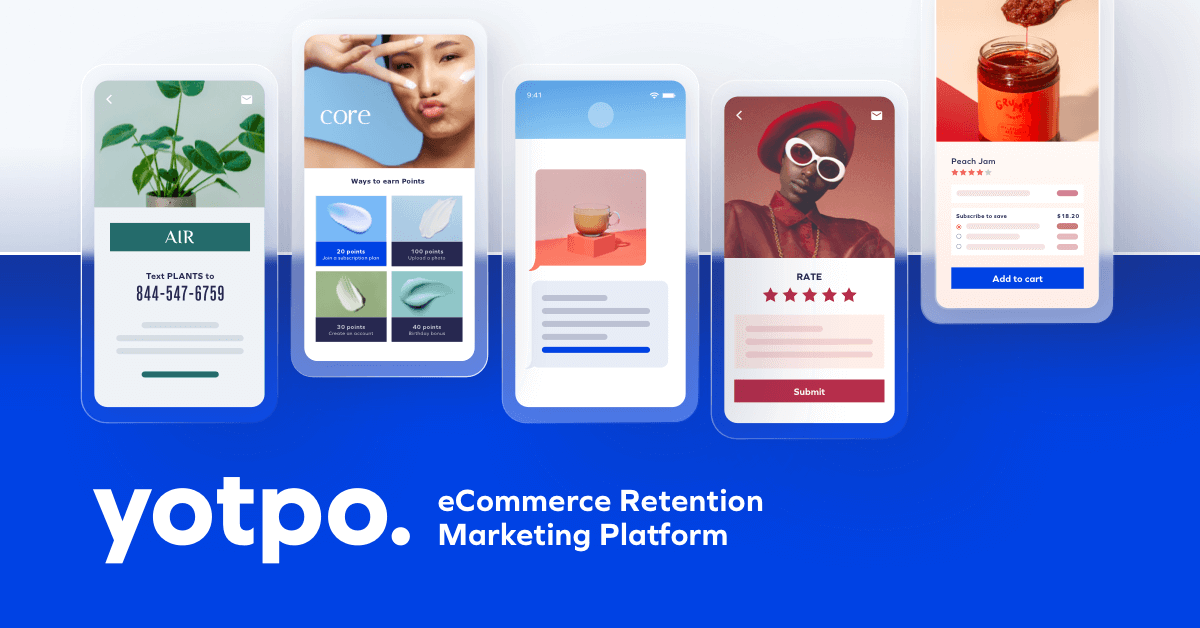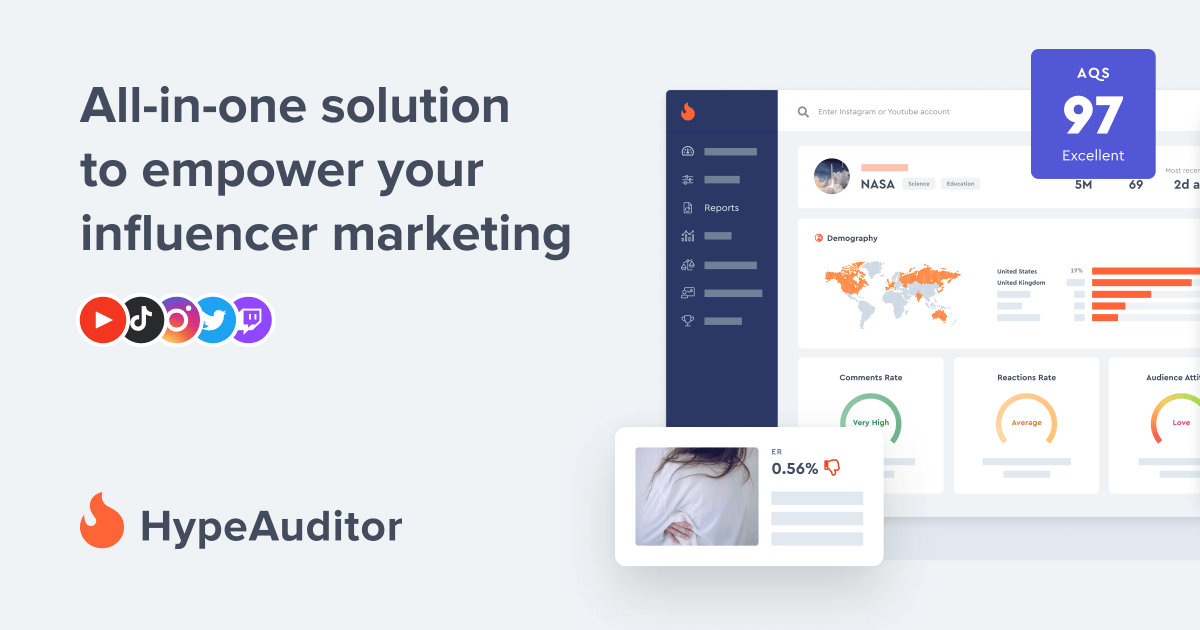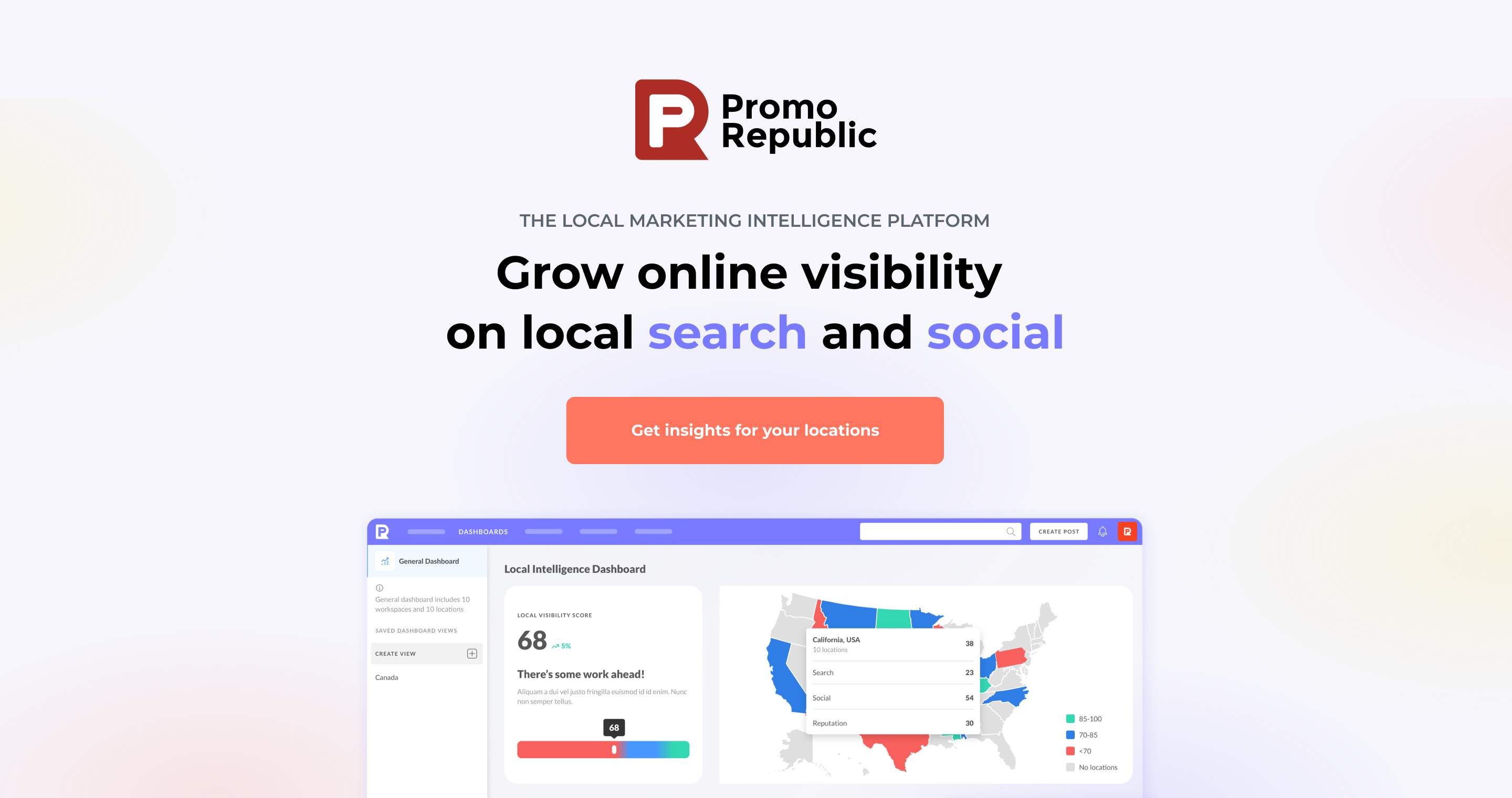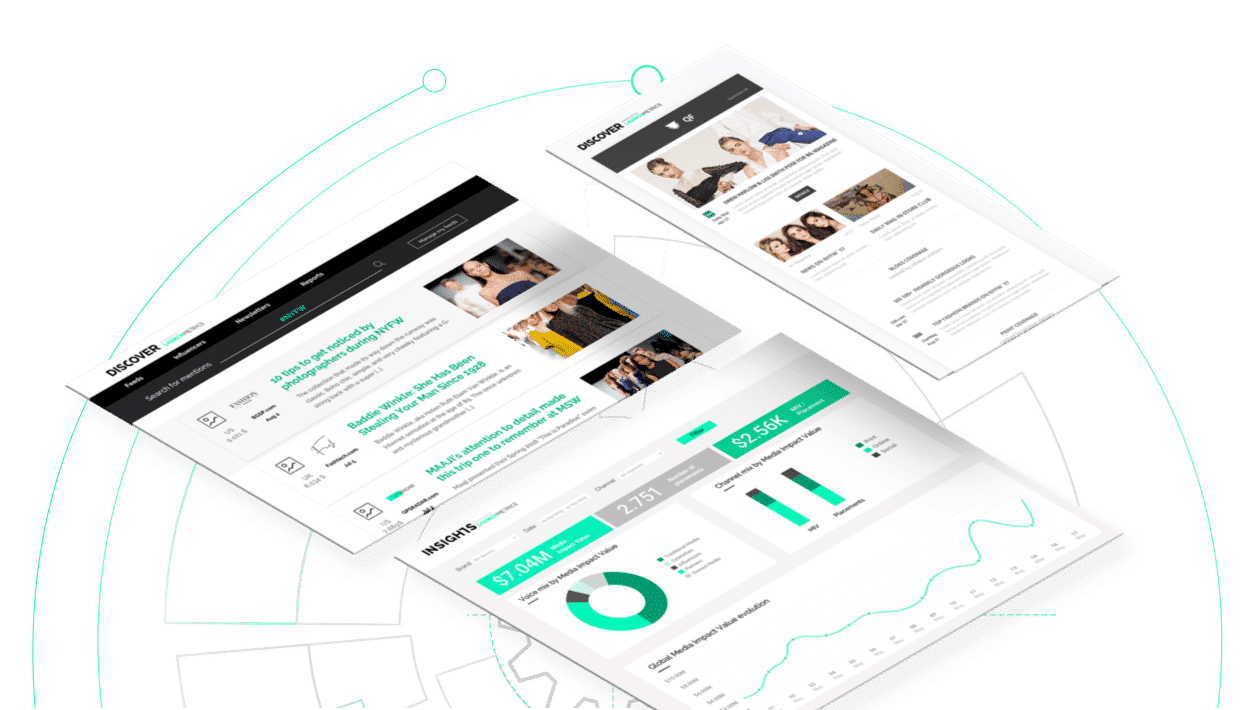Introduction
As influencer marketing continues to grow and social platforms evolve, having the right tools to manage programs at scale is essential for success. This analysis explores some of the leading platforms in the space to help identify the best fit. Key criteria examined include campaign workflows, analytics, creator databases and additional features like content tools or API capabilities.
Methods of Evaluation
The included platforms were evaluated based on conventional criteria like ease of use, features, pricing and support offerings. Additional weight was given to modern factors such as the number and quality of backlinks pointing to the company website, overall traffic and search volume trends for relevant keywords to gauge mindshare and market traction. Direct feedback from clients and API partners was also considered to get a well-rounded view of real-world experiences.
1. AspireIQ
AspireIQ is an influencer marketing platform that helps brands find and partner with influencers. Some key features of AspireIQ include integrated creative briefs and campaign management, a pay-per-engagement business model, and comprehensive analytics and attribution.
Pros: Some key advantages of AspireIQ include its large database of influencers across multiple social media platforms, detailed analytics and reporting capabilities, and project management features to organize campaigns.
Cons: One potential disadvantage is that it only offers a pay-per-engagement billing model which may not work for all campaigns. The free tier also has limited functionality.
Pricing: AspireIQ offers 3 paid tiers – Basic at $199/month, Pro at $499/month, and Enterprise which is customized based on business needs. All tiers are billed monthly. The basic plan provides access to basic features while higher tiers unlock additional campaign reports, user roles, and support.
Over 500 brands use AspireIQ to run their influencer marketing campaigns. On average, campaigns on AspireIQ see a 3.5x ROI. The platform currently has a database of over 5 million influencers and micro-influencers.
2. Influence.co
Influence.co is one of the largest and most popular influencer marketing platforms. Founded in 2010, Influence.co aims to empower the new generation of influence through connecting influencers and businesses. The platform currently has over 9 million influencers and professionals.
Pros: Some key advantages of Influence.co include:
– Integrations with CRM platforms like Hubspot for seamless data integration
– End-to-end campaign automation from management to reporting to save time
– Analytics on key metrics like ROI, follower growth and engagement to measure campaign success
Cons: One potential disadvantage is that the platform is primarily focused on influencer outreach and management. It may not be as robust for other influencer marketing tasks like content creation and distribution.
Pricing: Influence.co offers different paid plans for businesses starting from $99/month. They also offer a free basic plan for influencers and individuals to build their profiles.
Some key stats about Influence.co include:
– Over 9 million influencers and professionals on the platform
– Integrations with major CRM and marketing platforms like Hubspot
– Automated end-to-end campaign management from setup to reporting
3. Impact
Impact is a partnership automation platform that helps brands and agencies discover, manage, protect, and optimize all partnership channels. Founded in 2015, Impact works with over 2,500 brands including McDonald’s, Peloton, and Sephora.
Pros: Some key advantages of Impact include:
– Automated content creation tools that help influencers and affiliates easily create customized branded content
– Real-time engagement tracking to see how partnerships are performing
– Proprietary influencer scoring system that evaluates thousands of metrics to recommend the top influencers for each campaign
Cons: One potential disadvantage is that the platform requires an investment to unlock all of its partnership automation and management features. It may not be suited for brands just getting started with influencer marketing on a limited budget.
Pricing: Impact offers a variety of pricing plans starting from a free Starter plan for up to 3 campaigns or influencers. Paid plans range from $99/month to custom enterprise plans based on team size and needs.
Some key stats about Impact include:
– Over 2,500 brands use Impact globally including 1/3 of the Fortune 100
– Proprietary scoring algorithms to evaluate over 10 million influencers
– Have facilitated over $5 billion in affiliate revenue for customers
4. Wyzowl
Wyzowl is an influencer marketing platform that helps brands discover, connect with, and manage influencer marketing campaigns. Founded in 2013, Wyzowl has worked with over 1,500 brands to create more than 3,000 videos. Their platform allows for comprehensive creator discovery, advanced profile filtering, customizable campaign workflows, integrated analytics, and dedicated support.
Pros: Some key advantages of the Wyzowl platform include:
– Comprehensive creator discovery through powerful filters to find the right influencers
– Advanced segmentation layers to further filter profiles by metrics like followers, engagement rates, and locations
– Customizable campaign workflows make it easy to manage the end-to-end execution of influencer marketing campaigns
– Integrated analytics give transparency into campaign performance and ROI
– Dedicated account managers provide full-service support for clients’
Cons: A potential disadvantage is that the platform may be overkill for smaller brands or campaigns with lower budgets since it offers more robust features that come at a higher cost compared to some basic influencer marketing tools.
Pricing: Wyzowl offers different pricing tiers based on the number of influencers included and additional features. Pricing starts at $995/month for lower volume campaigns up to unlimited budgets for larger enterprises.
Some key stats about Wyzowl include:
– Worked with over 1,500 brands since being founded in 2013
– Created more than 3,000 videos for client campaigns
– Filters allow for advanced segmentation of influencer profiles
– Customizable workflows provide an easy way to execute influencer campaigns
5. Kapwing
Kapwing is a cloud-based video editing and content creation platform. Founded in 2014, Kapwing allows users to edit, enhance and publish video content for social media, online courses and other digital content. With over 10 million users, Kapwing is one of the leading online video editing platforms for both individuals and businesses.
Pros: Some key advantages of Kapwing include:
– Video creation and editing tools integrated in one platform
– Effective video marketing campaign management capabilities
– Large network of video creators to connect and collaborate with
– Easy to use interface suitable for beginners and experts
– Good support for most file formats and quick upload/export
Cons: One potential disadvantage is the pricing for teams and enterprises which can be costly compared to alternatives. The free plan also has certain limitations for advanced features.
Pricing: Kapwing offers the following paid plans:
– Personal: $9/month billed annually
– Teams: $15/user/month billed annually
– Enterprise: Custom plans starting at $40/user/month
All plans come with a 7 day free trial.
Some key stats about Kapwing:
– Over 10 million users globally
– Integrated tools for video, image and audio editing
– Collaboration features to work with others in real-time
– Large library of stock videos, images and music
– Campaign management tools for video marketing
6. Agorapulse
Agorapulse is a leading social media management platform that helps brands and agencies manage their presence across social networks. Founded in 2011, it now has over 15,000 customers worldwide using its software.
Pros: Some of the key advantages of Agorapulse include: – Social media management with influencer program features. – Powerful content planning and scheduling across networks. – Insights to analyze trends, competitors and benchmarks. – AI copywriting assistant improves content quality. – Integrations with Shopify, YouTube and more.
Cons: One potential disadvantage is that the pricing can get expensive for large enterprises and agencies managing a lot of social profiles and content.
Pricing: Agorapulse offers three main pricing plans – Basic ($49/month), Growth ($99/month) and Enterprise (custom pricing). The Basic plan supports up to 3 users while Growth offers unlimited users. Additional features like analytics, reporting and team collaboration are included in the higher-tier plans.
Some key stats about Agorapulse include: – Supports over 30 social networks including Facebook, Instagram, Twitter, LinkedIn and Pinterest. – Over 15,000 customers globally including large brands like Samsung, Emirates and Toyota. – Publishes over 50 million social posts per month through its platform.
7. Yotpo
Yotpo is an eCommerce retention marketing platform that helps online retailers drive repeat purchases. Founded in 2011 and headquartered in New York City, Yotpo integrates directly with leading eCommerce platforms like Shopify, BigCommerce, and Magento to power reviews, loyalty programs, email marketing, and more.
Pros: Key advantages of using Yotpo include:
– Integrated e-commerce platform features that are easy to implement
– Performance marketing tied directly to online purchases and orders
– Robust analytics and attribution modeling to measure marketing ROI
Cons: One potential disadvantage is that advanced features like loyalty programs require a paid subscription.
Pricing: Yotpo offers both free and paid plans. The Basic plan starts at $49/month for up to 10,000 reviews. Mid-tier and Advanced plans offering more features start at $99/month and $299/month respectively.
Some key stats about Yotpo include:
– Over 4,000 retailers worldwide use Yotpo
– Retention rates up to 50% higher than the industry average
– $4 billion in transactions attributed to Yotpo features annually
8. IZEA
IZEA is one of the largest and most well-known influencer marketing platforms. Founded in 2006, IZEA connects brands and agencies with social media influencers. They have built a massive network of over 4 million creators globally across all major social networks like Instagram, YouTube, TikTok and more. With IZEA, brands and agencies can tap into this huge community of influencers to promote their products and services.
Pros: Some of the key advantages of using IZEA include: – Large network of vetted creators and micro-influencers to choose from – Ability to run partnerships and influencer campaigns across all major social media platforms like Instagram, YouTube, TikTok, Snapchat, Twitter and more – Dedicated team of account managers and influencer marketing strategists available for brands and agencies to provide support
Cons: One potential disadvantage is that IZEA’s platform can be more suited for larger brands and agencies with bigger marketing budgets. Their standard commission rates start at 15-30% which may not be suitable for some smaller businesses.
Pricing: IZEA offers different pricing tiers depending on needs. Their basic ‘Start’ plan starts at a one-time setup fee of $349 and then a 15% commission rate on campaign spend. They also have ‘Grow’ and ‘Scale’ plans targeted at mid-market and enterprise-level clients with customized commission rates and additional features.
Some key stats about IZEA include: – Over 4 million registered influencers on the platform – More than 2,500 campaigns run monthly – Over 15 years of industry experience – Manages campaigns across all major social media platforms
9. HypeAuditor
HypeAuditor is an AI-powered influencer marketing platform that helps brands and agencies find, analyze, and track influencers. Founded in 2018 and based in Lithuania, HypeAuditor provides data-driven solutions for influencer marketing campaigns.
Pros: Some of the key advantages of using HypeAuditor include:
– Auditing and verification of social profiles to ensure influencer credibility
– Powerful API for integrating influencer data into other tools and platforms at scale
– Robust influencer research features to easily discover new influencers and analyze the influencer marketing landscape
Cons: One potential disadvantage is that the tools are aimed more at mid-sized and large brands/agencies and may not be as cost effective for smaller campaigns or budgets.
Pricing: HypeAuditor offers a freemium model as well as three paid tiers – Basic, Pro, and Enterprise. Pricing starts at $99 per month for the Basic plan which includes features like 50 searches per month and access to basic reports. The most advanced Enterprise plan provides unlimited usage and custom features tailored for large businesses.
Some key stats about HypeAuditor include:
– Over 2 million influencer profiles analyzed
– Used by over 500 brands and agencies globally
– AI audits 10,000 social profiles per day
– Campaign results and reports updated in real-time
10. Klear
Klear is an influencer marketing platform that allows businesses to discover, connect with, and manage influencer marketing campaigns. Founded in 2012, Klear has grown to support over 10,000 brands and 500,000 influencers globally. Klear aims to make influencer marketing easy, effective, and scalable for businesses of all sizes.
Pros: Some key advantages of using Klear include:
– Integrated social media management tools to help manage influencer posts and engagements
– Personalized influencer discovery tools to help find the right influencers for campaigns
– Powerful APIs to easily integrate Klear’s features into other marketing platforms
Cons: One potential disadvantage is that Klear’s pricing tiers may be prohibitive for some very small businesses or individual influencers with smaller followings and budgets.
Pricing: Klear offers three pricing tiers:
– Basic: $99/month, ideal for small businesses or individual influencers
– Pro: $299/month, adds advanced campaign features
– Enterprise: Custom pricing, tailored for large brands with high budgets and campaign volumes
Some key stats about Klear include:
– Over 10,000 brands use Klear globally
– Klear’s platform includes profiles for over 500,000 influencers
– Klear has facilitiated over $1B in campaign sponsorship deals
11. PromoRepublic
PromoRepublic is a leading influencer marketing platform that enables brands to discover, contract and work with influencers from their global network. Founded in 2013, PromoRepublic has grown to work with over 2 million influencers and creators worldwide. The platform aims to centralize all aspects of influencer marketing on one easy-to-use SaaS solution.
Pros: Some of the key advantages of using PromoRepublic include:
– Large global network of influencers and creators to choose from across many countries and niches
– Full campaign management from brief to reporting to see performance and ROI
– User-friendly interface that allows brands, influencers and agencies to collaborate easily on campaigns
Cons: One potential disadvantage is that the platform may not be as suitable for extremely large brands with unique campaign needs, as the tools are geared more towards standard influencer marketing campaigns.
Pricing: PromoRepublic offers several pricing tiers depending on features needed. Basic plans start from $99/month and offer basic campaign and influencer search functionality. Mid-tier plans from $249/month provide advanced analytics and enhanced campaign tools. Enterprise options are available for larger brands with customized quotes.
Some key stats about PromoRepublic include:
– Over 2 million influencers and creators on their global network
– Worked with over 10,000 brands including Samsung, Adidas, Coca-Cola
– Average campaign sees a 22% increase in website traffic
– Campaigns on the platform generate over 2.5 billion social media impressions per month
12. TapInfluence
TapInfluence is an influencer marketing platform that connects brands with social media influencers. Founded in 2011 and headquartered in Orlando, Florida, TapInfluence allows brands to discover influencers, launch campaigns, and measure results. Some key facts about TapInfluence include that it works with over 5 million influencers and has helped brands run over 100,000 campaigns.
Pros: Some key advantages of TapInfluence include: – Advanced matching technology between influencers and brands – Customizable workflows and templates – Strong reporting and ROI measurement tools
Cons: One potential disadvantage is that the platform interface can be complex for less experienced users to navigate.
Pricing: TapInfluence offers various pricing plans depending on company size and needs. Basic plans start at $99/month for smaller campaigns while enterprise-level plans with additional features are customized upon request.
TapInfluence has the following key stats: – Works with over 5 million influencers – Has helped brands run over 100,000 campaigns – Processes over 100 million influencer profile updates per day – Has an average campaign ROI of 3x-5x
13. Launchmetrics
Launchmetrics is an influencer marketing and brand analytics platform that allows brands, retailers and agencies in the fashion, lifestyle and beauty industries to measure the ROI of campaigns, benchmark against competitors and track the impact of celebrities and contributors. Founded in Paris in 2015, Launchmetrics has grown to serve over 2,500 brands and agencies globally.
Pros: Some key advantages of using Launchmetrics include:
– Robust data analysis and visualization tools to benchmark performance
– Celebrity and contributor intelligence tracking to see influencer impact
– Ad tracking and benchmarking against competitors’ activities
Cons: One potential disadvantage is that Launchmetrics is focused specifically on the fashion, beauty and lifestyle industries, so may not be as relevant for brands in other verticals.
Pricing: Launchmetrics offers customized pricing plans depending on company size and needs. Generally plans start at $2,500/month for basic features and data access, and scale up to $15,000/month or more for advanced analytics, dedicated success manager and unlimited users.
Some key stats about Launchmetrics include:
– Over 2,500 brands and agencies use the platform globally
– Tracks data across all major social media platforms including Instagram, Facebook, YouTube, Weibo and more
– Analyzes over 25 million pieces of fashion, beauty and lifestyle content per day
– Provides automated monitoring and alerts for any brand mentions, competitor activity and influencer posts
14. Rakuten Marketing
Rakuten Marketing, formerly known as ePrize, is a global technology company that manages performance marketing campaigns and affiliate networks. Founded in 1997 and headquartered in San Mateo, California, Rakuten Marketing provides an end-to-end influencer marketing platform to connect brands with social media influencers and content creators across multiple channels.
Pros: Some key advantages of the Rakuten Marketing platform include its integrated solution that allows influencer marketing campaigns to be managed alongside other Rakuten solutions. It also has a large database of social media influencers and creators that brands can search through and match with using various filters and criteria. Marketers can track campaign performance across different online channels in one centralized location.
Cons: As an integrated platform, some brands may prefer to use best-of-breed point solutions for specific tasks like influencer relationship management or campaign reporting. The platform also has a steeper learning curve compared to simpler influencer marketing tools.
Pricing: Rakuten Marketing offers both free and paid plans for its influencer marketing platform. Free plans provide basic campaign and influencer database access while premium plans with advanced features start at $999 per month.
Some key stats about Rakuten Marketing include having over 30,000 influencers on its platform and working with over 1,000 brand partners. The company has run over 10 million campaigns to date and processes over $2 billion in affiliated revenue annually.
15. Upfluence
Upfluence is an all-in-one influencer marketing platform used by both e-commerce and direct-to-consumer brands. The platform allows brands to discover, engage, and track influencers to help scale their marketing efforts. Upfluence offers a full suite of relationship management, content delivery, and analytics tools to help companies maximize the impact of their influencer programs.
Pros: Some key advantages of Upfluence include:
– Robust content library for campaign assets
– Powerful relationship management tools
– Automated workflows and scalable processes
– Advanced analytics and reporting for campaign performance
Cons: One potential disadvantage is that Upfluence has a learning curve to understand and optimize all of its various tools and workflows. It may require some upfront time investment to onboard teams and fully leverage the platform.
Pricing: Upfluence offers monthly and annual pricing plans. Pricing starts at $149/month for the Basic plan and scales up to $999/month for the Premium plan for larger teams and campaigns.
Some key stats about Upfluence include:
– Over 5,000 brands currently use Upfluence globally
– Platform supports campaigns in 40+ languages
– Average campaign sees a 12x ROI
Conclusion
While every business has different needs, considering platforms with robust creator networks, comprehensive management features and insightful analytics will help optimally scale influencer programs. Leveraging the top tools can take campaigns to the next level and pave the way for accelerated growth. Taking the time to evaluate all options against key goals is essential for long-term success.




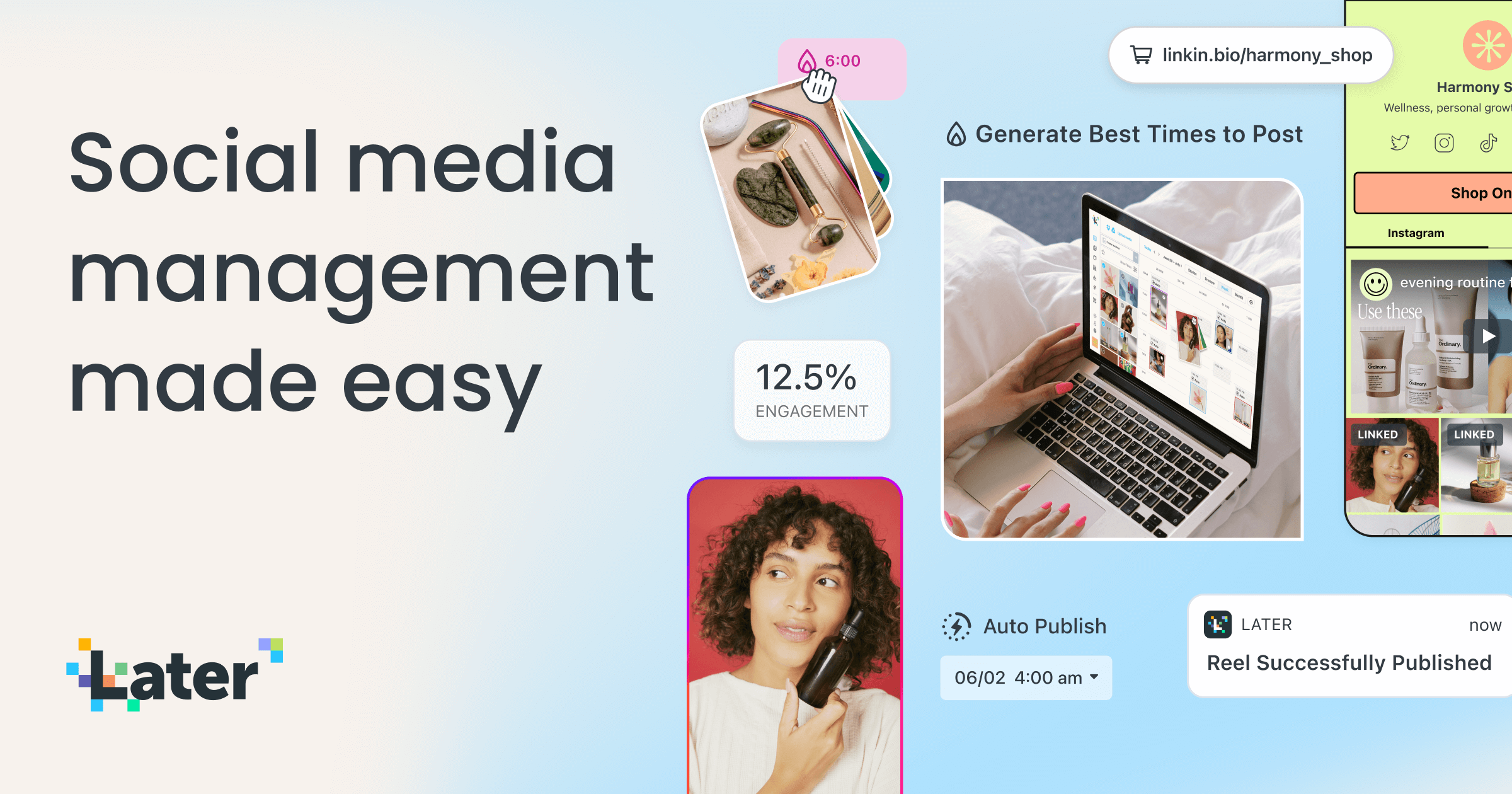
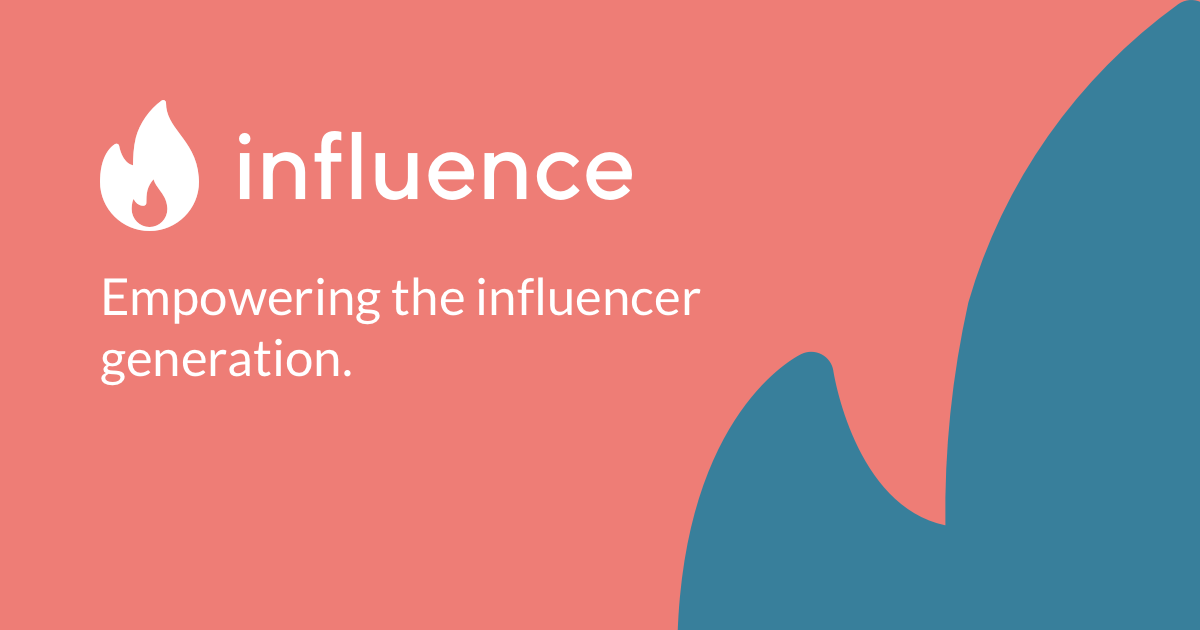
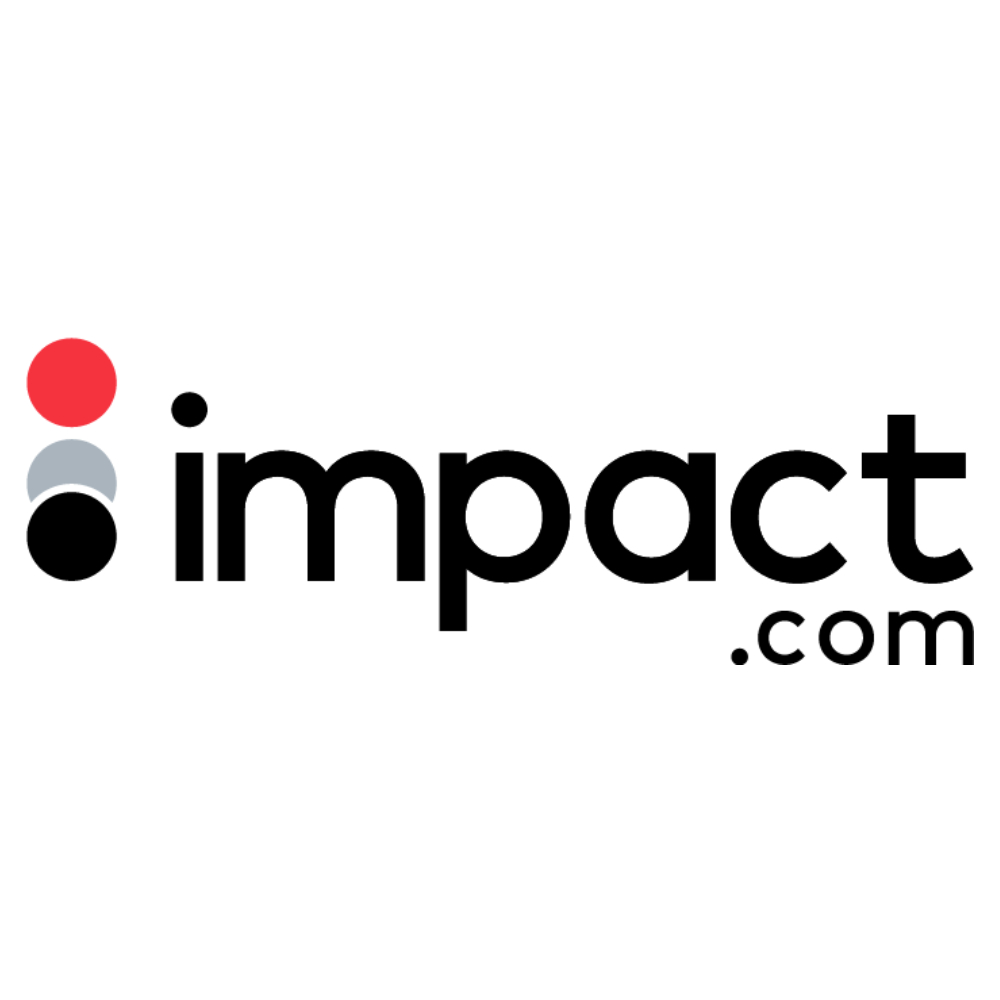
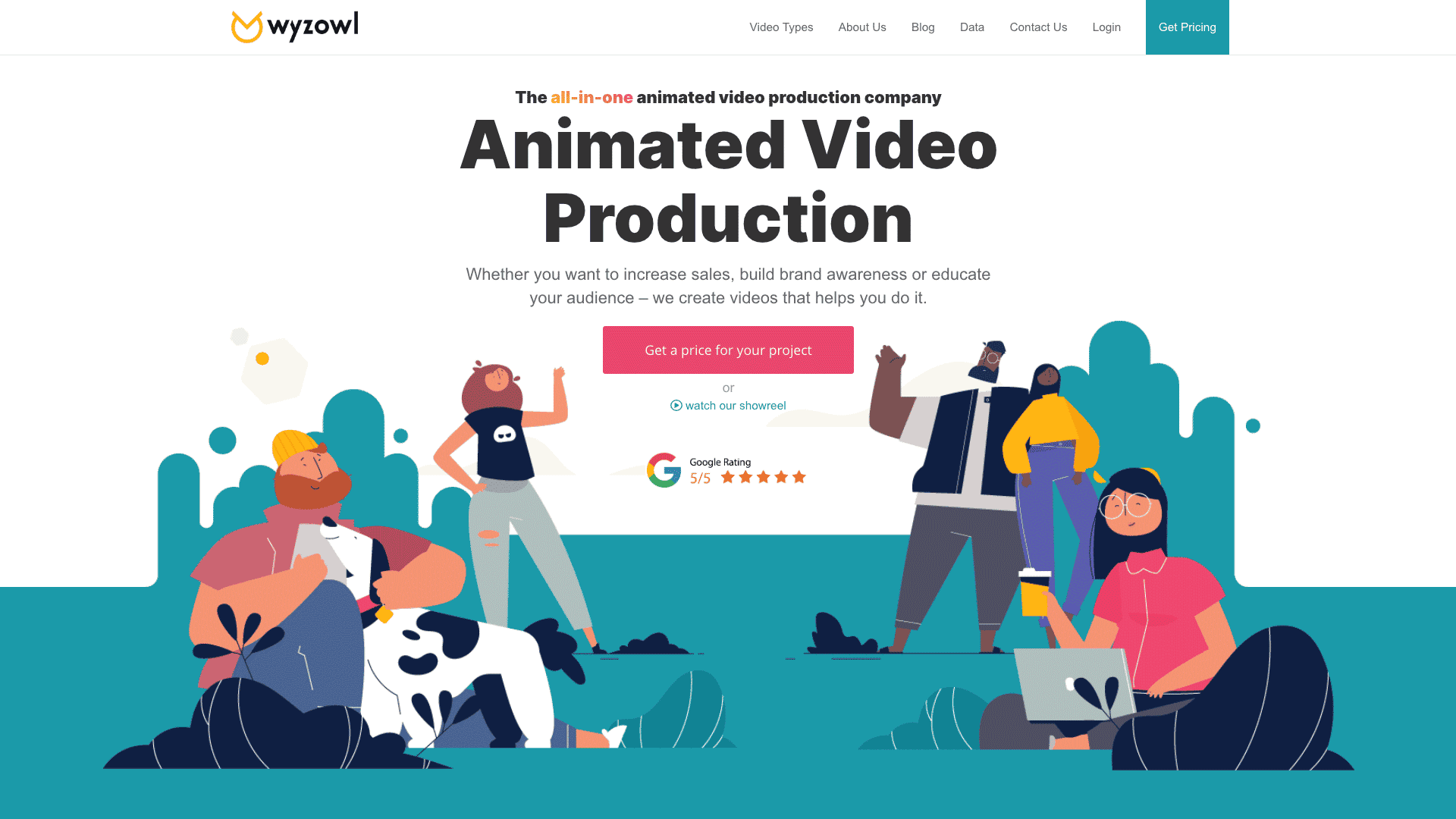
.webp)

